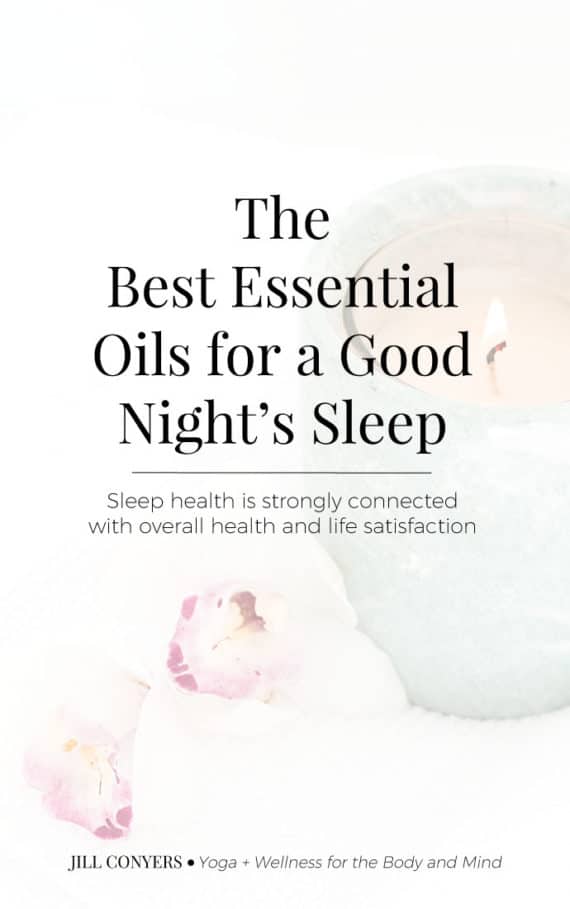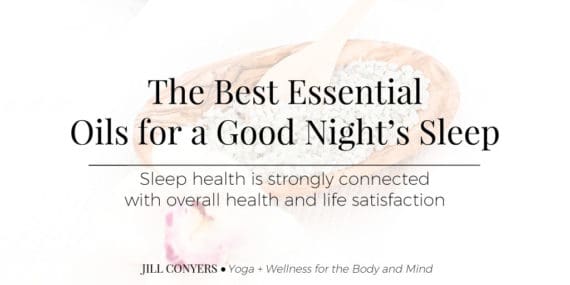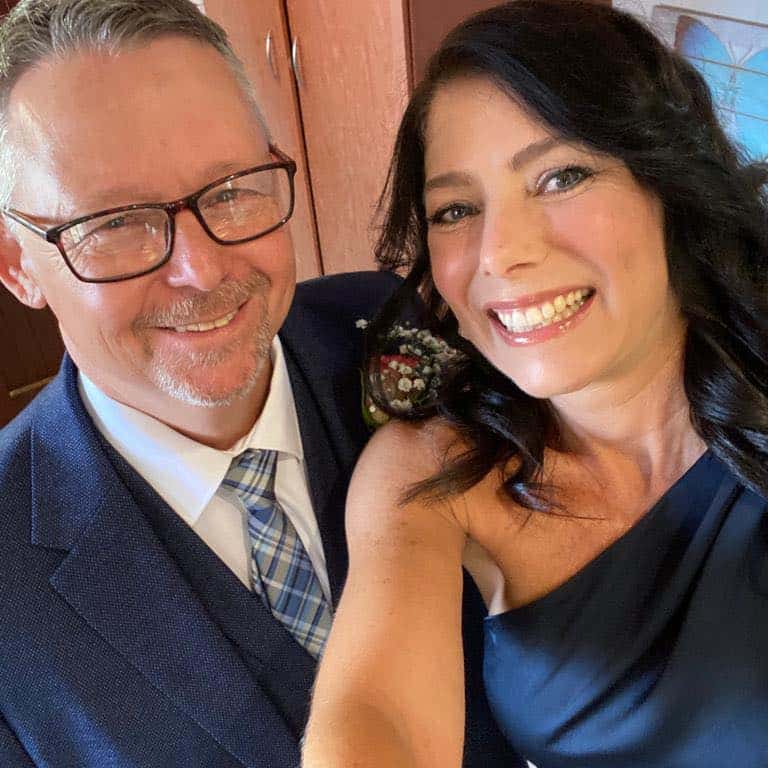9 Essential Oils for Sleep & How to Use Them
This post may contain affiliate links. All opinions shared are my own. As an Amazon Associate I earn from qualifying purchases. Click to view our full disclosure.
All content is created by humans – not AI.
Do you use essential oils for anything? While they have so many benefits, we were excited to learn the best essential oils for sleep! Our friend, Jill, is a pro at oils, and she’s sharing everything you need for a good night’s sleep — including bedtime tips and how to use essential oil recipes for sleep.

Have you ever had a difficult time getting a good night’s sleep? You wake up in the morning feeling like you haven’t slept at all. I’ve been there and done that. And, it makes my less productive and, as my family can attest, it makes me cranky.
Sleep describes the period when the body ceases to engage in most voluntary functions which provides the body an opportunity to focus on restoration and repair. The National Sleep Foundation has encouraged the wide acceptance of sleep as one of the three pillars of health, along with nutrition and exercise.
Getting enough sleep is crucial for health and wellness as well as day to day functioning in life. The National Sleep Foundation reports a majority of American adults (65%) think sleep contributes to next day effectiveness.
A Sleep in America poll by the National Sleep Foundation finds that individuals with the healthiest sleep habits are far more likely than poor sleepers to rate themselves as effective at getting things done.
Sleep health is strongly connected with overall health, stress and life satisfaction.
It’s so important and yet The Center for Disease Control reports that more than a third of American adults are not getting enough sleep on a regular basis.
Fortunately there are things we can do to help with getting a good night’s sleep and to wake up feeling refreshed and rejuvenated.
TIPS FOR A BETTER NIGHT’S SLEEP
- Have a consistent sleep schedule.
- Avoid afternoon naps.
- Have a bedtime ritual that gives you time to wind down and relax.
- Exercise daily (typically people report better sleep with exercising regularly including falling asleep more quickly, longer period of deep sleep and feeling more refreshed in the morning.)
- Make sure your mattress and pillow are comfortable and provide the support you need.
- Unplug from technology.
- Avoid heavy meals right before bedtime.
- Talk to your doctor about natural sleep aids.
- Limit caffeine intake after noon.
- Try yoga, progressive muscle relaxation or nightly meditation.
- Manage stress. Know your triggers to help avoid or minimize the stress in your day.
Another tip that was life changing for me, keep a sleep journal. Without even realizing it there were things I was doing in the late afternoon and evening that I never considered as part of the reason I wasn’t sleeping well.
Download the sleep journal and track how many hours of sleep you get each night for 5-7 days along with details of how you felt when you woke up, energy level throughout the day, etc.
How Much Sleep Do You Need?
The magic number of sleep hours varies a bit for each of us, but you know when you’re sleep deprived. If we go too long in “sleep deficit” mode many aspects of our lives may suffer. It is not possible to pinpoint an exact amount of sleep need by people at different ages.
The National Sleep Foundation provides the following guidelines, including a minimum and maximum range, as a “rule of thumb” to consider with regards to how much sleep you need.
- Teenager 14-17 Years: 8-10 Hours
- Young Adult 18-25 Years: 7-9 Hours
- Adult 26-64 Years: 7-9 Hours
- Older Adult >65 Years: 7-8 Hours
Essential Oils For a Better Night’s Sleep
Many people, myself included, turn to natural remedies to promote ease in falling asleep, staying asleep, and reaching deeper levels of sleep. At the top of my list of natural remedies for a better night’s sleep is essential oils.
| RELATED CONTENT: A Guide To Begin Using Essential Oils
Some of the essential oils for sleep I recommend:
- Bergamot – Properties – reduces stress
- Clary Sage – reduces tension, grounding, relaxing, uplifting
- Frankincense – antioxidant, anti-inflammatory, restorative
- Lavender – calms anxiety, regenerative, relaxing
- Myrrh – grounding, regenerative, relaxing
- Ylang Ylang – euphoric, reduces anxiety, grounding, relaxing
- Chamomile – calming, relaxing
- Cedarwood – connecting, strong, deep
- Patchouli – calming, recovering, stabilizing
How To Use Essential Oils As a Natural Sleep Remedy
Sleepy Time Bath
To help fall asleep, add a few drops of lavender to 1 cup Epsom salts, dissolve in a hot bath.
Sleep tonight; sleep in tomorrow, blend 5 drops patchouli oil, 2 drops wild orange oil and 1 drop frankincense oil with Epsom salts. Soak fifteen to twenty minutes.
Roller Bottle
Diffuse To Help Going To and Staying Asleep
Blend 1 drop each of cedarwood, patchouli and chamomile
| RELATED CONTENT: How To Use Essential Oils with a Diffuser
Bedtime Tea
Steep chamomile tea and add 2 drops lavender oil
You May Also Like
- 10 Essential Oil Diffuser Blends for Fall
- The Most Refreshing Spring Essential Oil Diffuser Blends
- How To Cope with Seasonal Affect Disorder
- Our Favorite Pillow
Resources:
- Center for Disease Control and Prevention
- National Sleep Foundation
- American Sleep Association
- Do you use Essential Oils for Sleep?






Thank you for the article! I always wanted to try essential oils. And now I know exactly what oils I need to buy and I expect it to work.
I fall asleep better with a pillow that has some dried lavender in it. I think the scent of the oil will be much more effective than the dried herb.